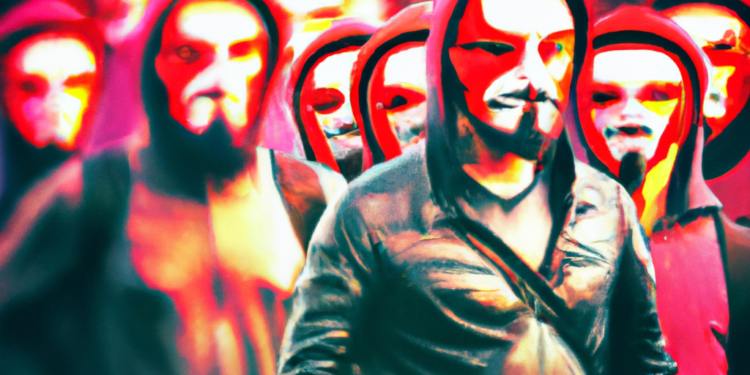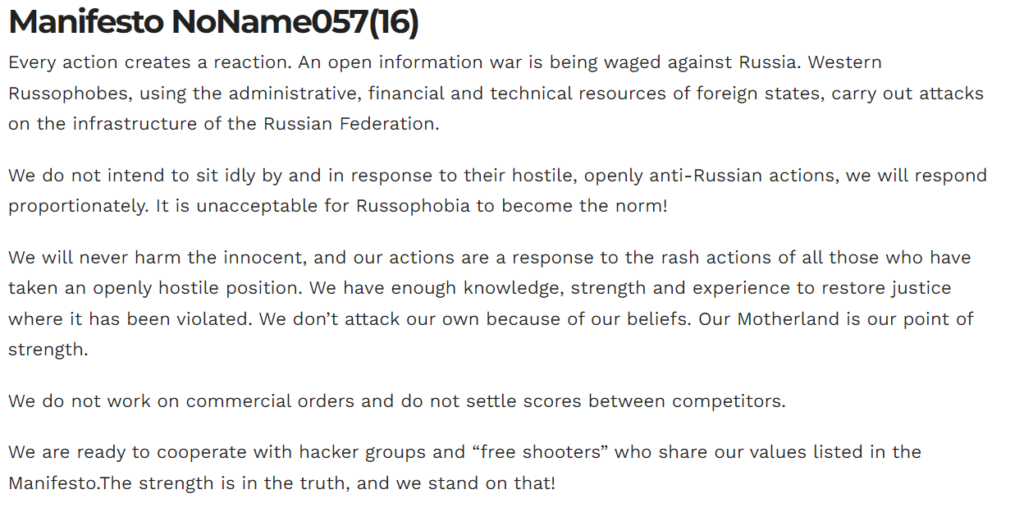State-organized hacktivism is an increasingly popular form of cyber operation that has been used by governments to achieve political goals. It is a type of cyber attack that is used to disrupt communications, gain access to sensitive information, and influence public opinion. This article will explore the history of hacktivism, its advantages and disadvantages, and the ethical implications of its use.
A short story of Hacktivism
Hacktivism is derived from combining the words “hack” and “activism”. The term was first coined in 1996 by Omega, a member of the hacker group Cult of the Dead Cow. Hacktivism is the use of computer-based techniques such as hacking as a form of civil disobedience to promote a political or social cause. The original “hacks” are mostly harmless pranks and practical jokes perpetrated by students in early artificial intelligence labs.
Hackers soon began to use their skills to protest censorship, launch cyberattacks against governments, and promote awareness on social issues. Types of hacktivism include anonymous blogging, DoS and DDoS attacks, and web defacement. Catalyst events such as the Church of Scientology files copyright infringement suit against YouTube, Tunisia censors WikiLeaks, Egypt anti-government protests, are all examples of hacktivism. The “Anonymous” group has been for long the perfect example of Hacktivism.
Anonymous is a decentralized international activist and hacktivist collective and movement primarily known for its various cyberattacks against several governments, government institutions and government agencies, corporations and the Church of Scientology. Anonymous originated in 2003 on the imageboard 4chan representing the concept of many online and offline community users simultaneously existing as an “anarchic”, digitized “global brain” or “hivemind.”
The group’s philosophy offers insight into a long-standing political question that has gone unanswered with often tragic consequences for social movements: what does a new form of collective politics look like that wishes to go beyond the identity of the individual subject in late capitalism? Anonymous members (known as anons) can sometimes be distinguished in public by the wearing of Guy Fawkes masks in the style portrayed in the graphic novel and film V for Vendetta.
Dozens of people have been arrested for involvement in Anonymous cyberattacks in countries including the United States, the United Kingdom, Australia, the Netherlands, Spain, India, and Turkey. Supporters have called the group “freedom fighters” and digital Robin Hoods, while critics have described them as “a cyber lynch-mob” or “cyber terrorists.”



